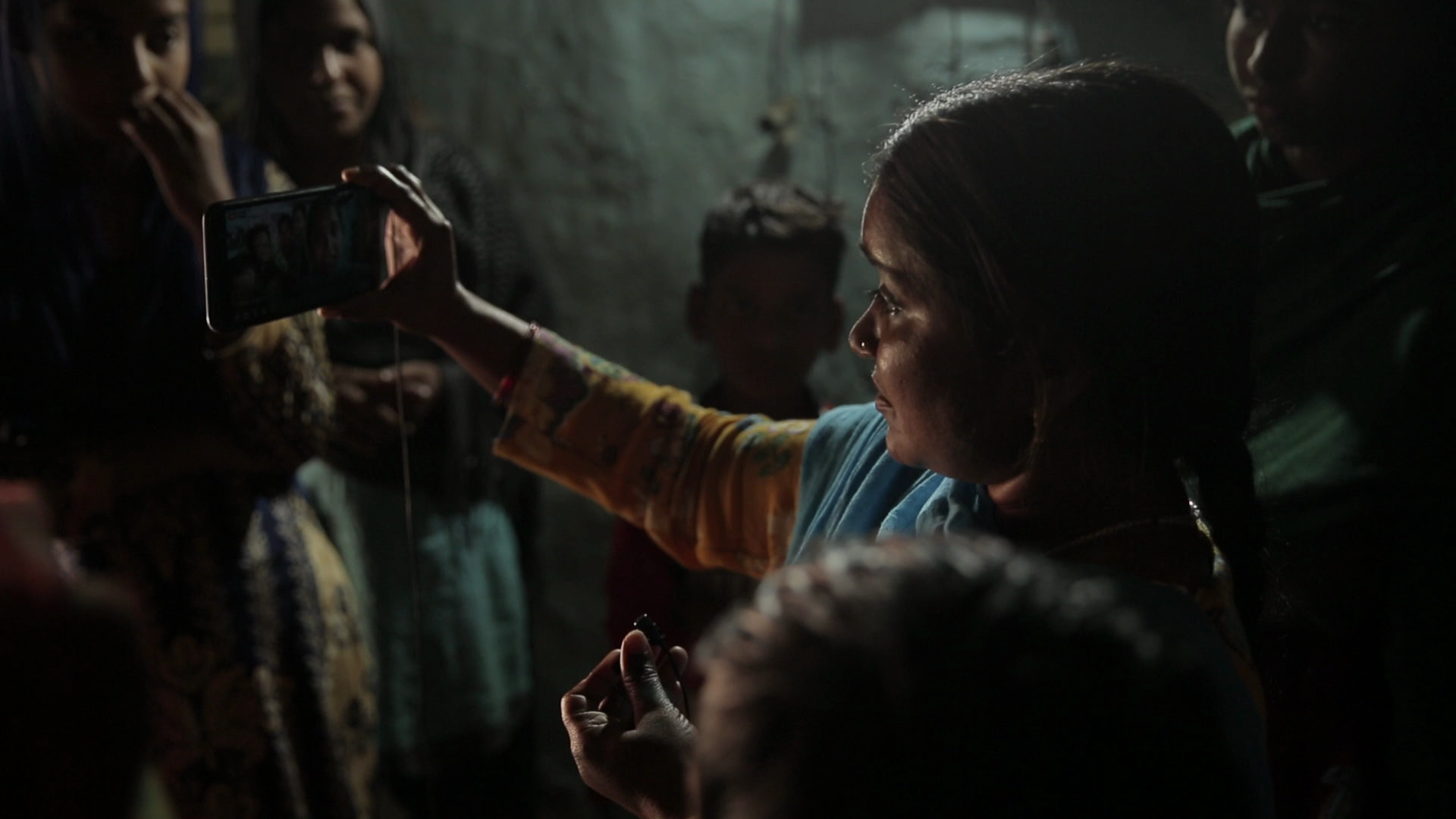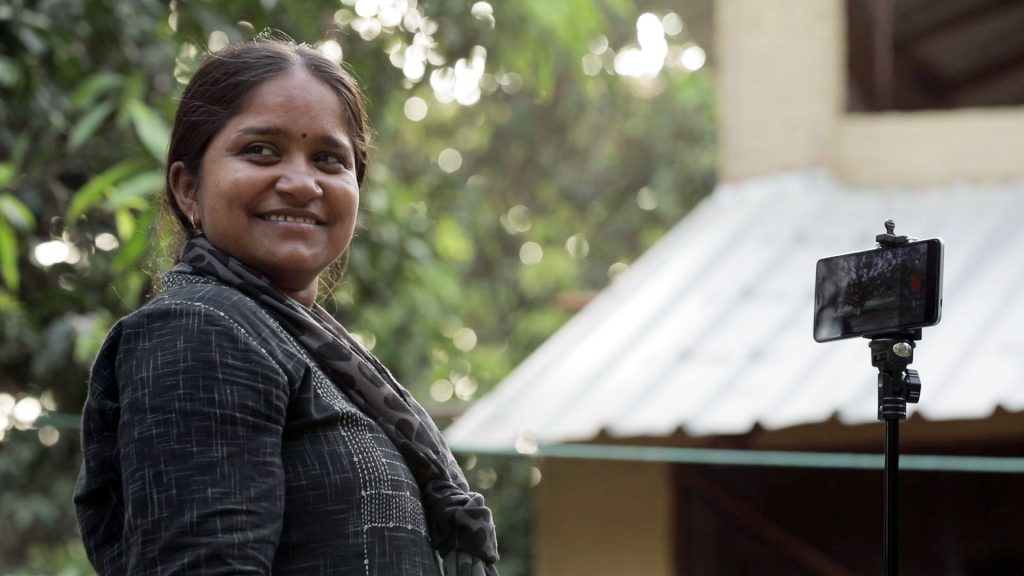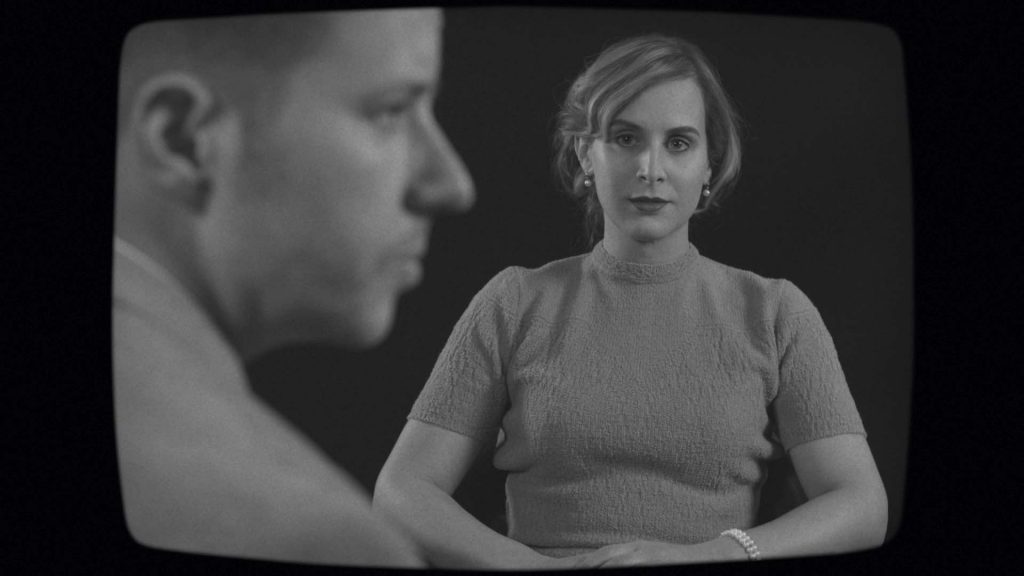
Widening the frame of history
The documentaries Writing With Fire (2021) and Framing Agnes (2022) will be screened at the festival this year telling stories of marginalized people from different parts of the world. Both films aim to examine and redefine power structures and histories within different communities through the documentary form, one being about a journalist that belongs to the oppressed group of Dalit women in India and the other about the history and stories of trans women in the United States.
An old and ingrained class system in India
“India is a deeply complex country”, the director-producer duo of Writing With Fire, Rintu Thomas and Sushmit Ghosh say. In over 3000 years the social hierarchical system called the casta-system has divided Indian society into four distinct groups of people. Despite being banned by official laws it is strictly practiced in many parts of India sticking to people’s identities through an invisible but binding system that people are born into. Dalits are a section of Indian society who are considered so inferior and “dirty” that they are not given a place in the system and still today endure violence and brutal oppression. In the last six years India has furthermore moved from being a country of democracy to more right-wing authoritarianism. Writing With Fire is set in Uttar Pradesh, India’s most populated state which is also known for corruption, brutal oppression of minorities and violence against women. In the film we follow the only Indian newspaper run by Dalit women. Armed only with their smartphones the chief reporter Meera and her reporters break down tradition and redefine what it means to be powerful within a male-dominated industry where independent and uncensored media is on the wane.
A directing-couple that focuses on social justice
Rintu Thomas and Sushmit Gosh are a married couple and an awarded director- and production team that focuses on producing films that have the power to create social change. In 2009 they founded Black Ticket Films, a production company that is invested in non-fiction storytelling and social justice. The film is nominated for the Oscar for Best Documentary Feature, already having won 17 international awards, including seven awards for the best documentary and two awards at the Sundance festival in 2021, Writing With Fire is their first feature length documentary. In 2012 Rintu and Sushmit were awarded the President’s Medal, the highest honor given to filmmakers in India. Their films have furthermore been used as advocacy tools for social imports in various universities.

Trans people should be the storytellers of their own stories
“Representation of trans and gender nonconforming communities has changed dramatically in the last decade”, director Chase Joynt says. His film Framing Agnes world premiered at the Sundance festival in 2022 winning two awards. It is a film born out of the idea that “trans people should remain leaders of the trans movement, and narrators of trans stories”. The film’s production team is consequently made up of various people of the LGBTQ+ community including an impressive line-up of trans actors including Zackary Drucker, Angelica Ross, Jen Richards and Max Wolf Valerio.
The value of imperfect histories
Testing the limits of the form Framing Agnes is an acted documentary about the pioneer Agnes, a trans woman that took part in Harold Garfinkel’s gender health research at UCLA in the 1960s, seeking gender affirming surgery. Her story was long considered to be unique, that is until case files about other patients seeking similar care were found inside a rusty filing cabinet in 2017. The film therefore aims to put Agnes’s story in a different context, that is not as an isolated case but as a part of a larger communal story. “There’s extraordinary value in imperfect histories. They help us recognize where we are now and imagine new possibilities for our future”, Joynt says. Among other things the film sheds light on how representation of trans people in the media has changed over time but also how „the concerns of an era are read onto the bodies of some of the most marginalized in society without their consent.“ To convey this Joynt uses various recording techniques ranging from the Super 8 to recording inspired by the talk show studio camera.

A critical perspective on power and truth-telling
Talk-show interviews in the 1950s marked a turning point in the televised history of trans people. This history is, however, colored by dubious and sometimes even violent intentions at the expense of trans people. Nevertheless, it is one of the few venues where the life of trans people has been well documented, Framing Agnes’s screenwriter, Morgan M Page, says. According to her, the film aims to demonstrate this documentation as well as linking it to linking this complex and imperfect story to the contemporary lives of trans people. In a similar way to Writing With Fire, Framing Agnes offers a critical perspective on power and truth-telling. The aim of both films is to widen the frames of which stories and histories of these two groups are told. It is consequently clear that viewers have an intriguing and mind-expanding viewing ahead of them at Stockfish this year.

